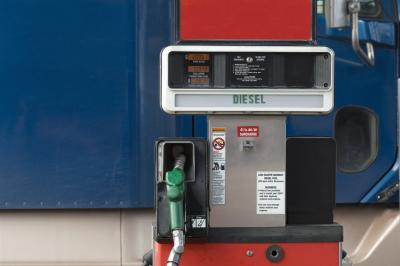
Diesel fuel is rated by different criteria used to measure its overall quality, which can affect how well the fuel burns in a diesel engine. The cetane number is an important measurement because fuel with a low cetane number can cause combustion knock, as well as white smoke from the exhaust and poor performance. Low fuel economy can also result. The API gravity number is an important factor in determining the cetane number, as well as the overall fuel quality.
Determine the density of a sample of the diesel fuel. Density is the mass of the substance per unit volume. Measure the mass of diesel fuel by measuring an amount into a graduated cylinder, then using a balance to measure the amount of weight required to balance the beam. Divide the mass, or weight, of the diesel fuel in a graduated cylinder by the volume of that fuel. This result is the density of the fuel.
Determine the relative density of diesel fuel. Relative density is the density of diesel compared to another liquid, in this case water. Both liquids must also be at 60 degrees for the comparison to be accurate. Divide the density of the diesel fuel at 60 degrees by the density of water at the same temperature, which is 0.9990 grams per cubic centimeter.
Divide 141.5 by the relative density of the diesel fuel, and subtract 131.5 from this figure. The result of this calculation is the API gravity measurement. The normal range for API gravity is from 10 to 70.